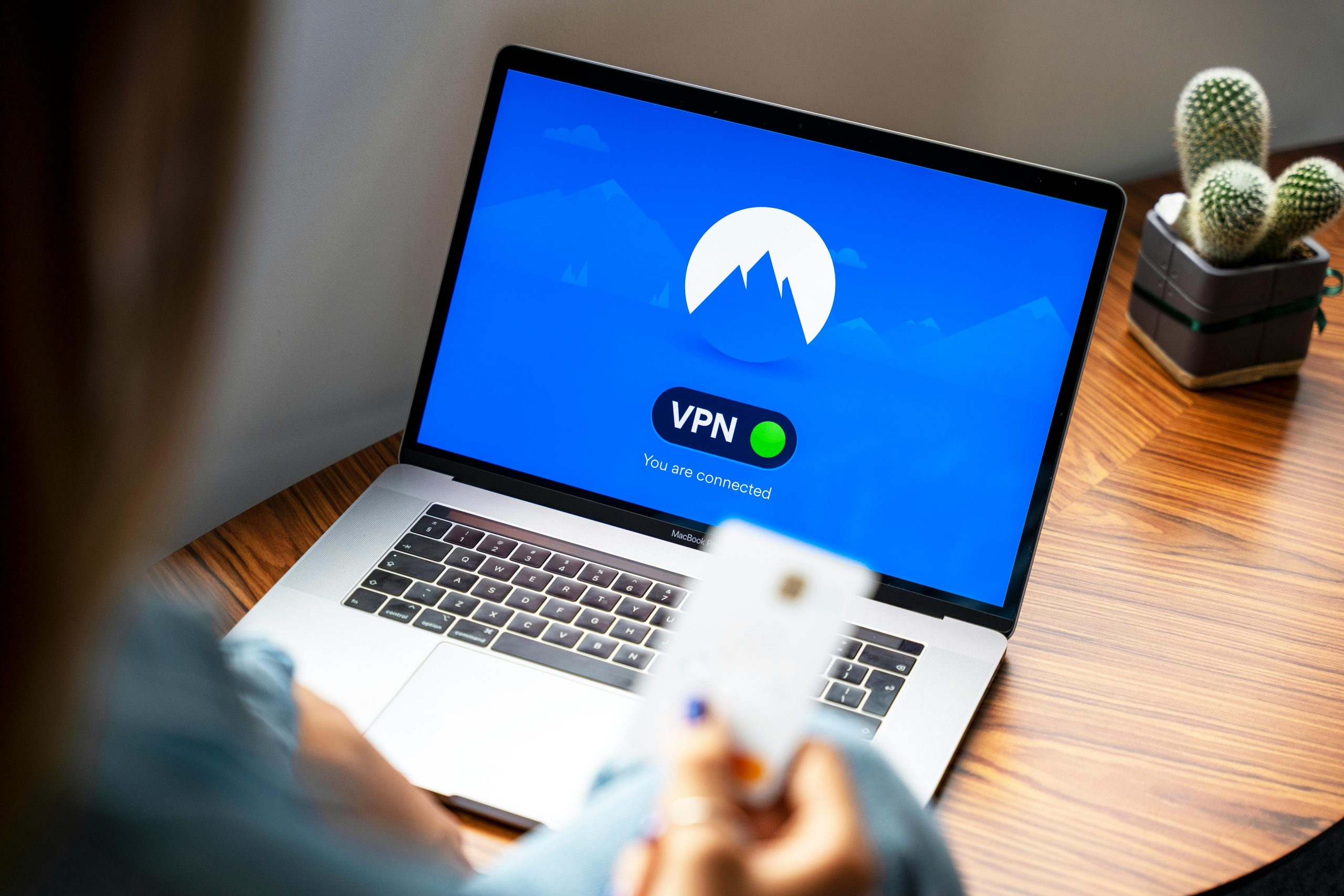Understanding the Impact of VPN Usage on iPhone Devices and WiFi Network Performance
If you’ve been experiencing intermittent WiFi issues despite having a robust internet package, you’re not alone. Many users with high-speed internet connections encounter strange connectivity problems, especially when certain devices or applications are involved. One common scenario involves the use of Virtual Private Networks (VPNs) on smartphones like the iPhone, which can potentially influence the overall network performance, including that of other connected devices.
Case Overview
Consider a typical setup: a user in the UK with a Sky WiFi package offering approximately 200 Mbps download and 120 Mbps upload speeds. While this should comfortably support activities such as online gaming, users sometimes report issues like high latency, freezing, or rubber-banding during gameplay, even when diagnostic tools indicate low latency (around 10-30 milliseconds). Such problems can persist despite various troubleshooting efforts—connecting to different ports, disconnecting other devices, or unplugging streaming services.
A Recent Observation
In a particular instance, gameplay lag coincided with a family member entering the home. The family member’s iPhone was actively connected to the WiFi network while running a VPN. The user hypothesized that the VPN might be consuming significant bandwidth or creating network congestion, thereby impacting the gaming experience on other devices. Before requesting the VPN to be disabled, the user sought insights into whether VPN usage on a mobile device could realistically affect other devices’ network performance.
Understanding VPN Impact on Network Performance
While VPNs are valuable for privacy and security, they can influence network behavior in several ways:
-
Increased Bandwidth Usage: VPNs encrypt data, which can add overhead to network traffic. However, this typically results in minimal additional bandwidth consumption unless streaming, heavy downloads, or multiple background activities are occurring through the VPN.
-
Network Routing and Latency: VPNs reroute internet traffic through remote servers, possibly leading to increased latency, jitter, or packet loss—especially if the VPN server is distant or experiencing high load.
-
Device Prioritization and Bandwidth Sharing: If multiple devices compete for limited bandwidth, and one device (like an iPhone with an active VPN) is consuming substantial traffic, it can indirectly affect others. Similarly, certain network configurations might prioritize or isolate traffic, which could impact latency-sensitive activities like gaming.
-
Impact on WiFi Network: It’s unlikely that a single device running a VPN would cause significant disruptions to the entire network unless the device’s activity
Share this content:



